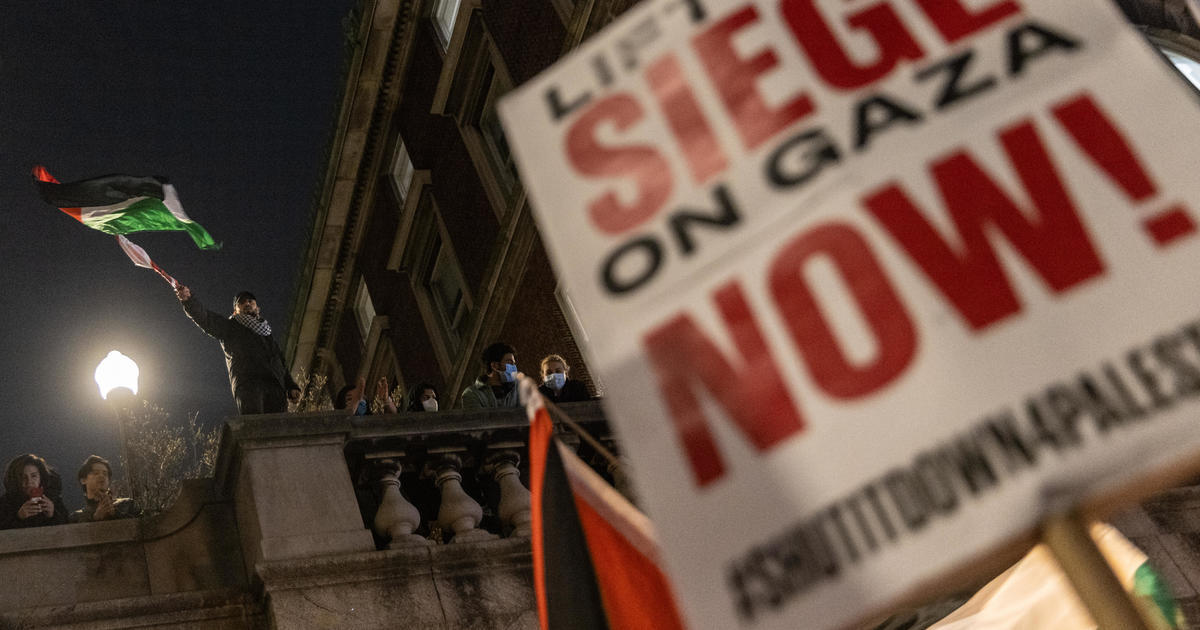The Impact Of Insurance Fraud
CONTENT PROVIDED BY THE NEW YORK ALLIANCE AGAINST INSURANCE FRAUD
Many states have enacted "victims' rights" laws that allow victims to make a statement in court either during a trial or at sentencing. All victims of insurance fraud are encouraged to take advantage of this opportunity to spread the word to judges, juries and others in the courtroom — including the news media — about the nature and severity of this crime. Below are facts and figures that can be woven into a personal statement of how fraud has affected you and/or your company. Insurance fraud is a major crime that imposes significant financial and personal costs on individuals, businesses, government and society as a whole. Fraud is widespread and growing. Insurance swindles victimize people from virtually every race, income, age, education level and region of the U.S.
At one level, insurance fraud is an economic crime costing individuals, business and government billions of dollars a year. But fraud also is a violent crime that can involve murder, personal injury and serious property damage. Insurance fraud also imposes other personal costs such as disrupted lives and families, humiliation and depression, lost jobs and bankruptcy.
OVERALL FINANCIAL COST
Nearly $80 billion in fraudulent claims are made annually in the U.S., the Coalition Against Insurance Fraud estimates. This figure includes all lines of insurance. It's also a conservative figure because much insurance fraud goes undetected and unreported.
HIGHER INSURANCE PREMIUMS
Fraud contributes to higher insurance premiums because insurance companies generally must pass the costs of bogus claims — and of fighting fraud — onto policyholders. This contributes to a premium spiral that can price essential insurance coverage, often required by state law, beyond the reach of many consumers and businesses. For example:
- Auto insurance. False injury claims involving deliberately staged car accidents, for example, are a major reason auto insurance premiums in New York, Florida and New Jersey are among the nation's highest.
- Workers compensation. Workers compensation premiums are rapidly rising rapidly, in part because of fake injury claims by employees and fraud by some employers to lower their premiums. Many smaller businesses, especially, report that workers compensation insurance is increasingly unaffordable.
RISING COSTS OF GOODS & SERVICES
Businesses must pass the cost of rising insurance premiums onto their customers by raising prices for goods and services. Many larger corporations also spend millions of dollars a year for investigation and fraud-prevention programs that aim. This cost also is reflected in higher prices of products and services.
JEOPARDIZE HEALTH, LIVES AND PROPERTY
People's health, lives and property are often endangered by insurance fraud schemes. Here are several examples:
- Staged auto accidents. Innocent motorists' lives are jeopardized when they are maneuvered into car crashes staged by crime rings to collect large payouts from auto insurers. One family of three was burned to death when a staged accident went awry after their car was hit by two large trucks at high speeds on a California freeway.
- Murder for life insurance. A common life-insurance scheme involves murdering a spouse, relative or business associate to collect on the victim's life insurance policy, which often is worth $100,000 or more.
- Health insurance swindles. The safety of people is jeopardized when they unknowingly buy fake health insurance. In addition to having their premium money stolen, policyholders needing chemotherapy and organ transplants have had to pay for life-saving medical treatment themselves when they discovered their insurance was fake. In other health schemes, medical providers often perform potentially dangerous and unneeded surgery on healthy people solely to increase their insurance billings. In many cases, the victims are elderly, poor and homeless.
- Arson. Homes and businesses often are burned down for insurance money. The lives of firefighters, family members and nearby residents also are placed at risk. Numerous people have died or been seriously injured in arson-for-profit fires. Also, the property damage is often magnified because arson fires frequently spread to nearby dwellings.
LOST PERSONAL INCOME, SAVINGS
Many insurance fraud schemes steal money directly from policyholders. The varied schemes can cost people from a few dollars to their entire life savings. Here are several examples:
- Phony health coverage. Several hundred thousand people, for example, have unknowingly purchased phony health coverage. They lost the premium money they paid, but many also faced catastrophic losses when they became ill and had to pay large medical bills themselves because their policy was worthless. Some people incurred hundreds of thousands of dollars in personal debt.
- Fraudulent viaticals. Thousands of people also have lost money to viaticals, a quasi-insurance product where people invest in the life-insurance policies of dying people. Viaticals can be legitimate, but many people have lost large investments in fraudulent viaticals. Some have lost their life savings.
- Dishonest agents. Dishonest insurance agents will pocket client insurance premium checks themselves, leaving the clients dangerously uncovered. Dishonest insurance agents also increase a policyholder's premiums by secretly adding unwanted coverage to clients' policies. Agents often target the elderly with these swindles.
RUINED CREDIT
Many seriously ill people who purchased phony health insurance found their credit ruined when they couldn't pay large medical bills after their policy refused to pay.
LOST JOBS
Some fraud schemes can cost people their jobs. Convicted swindler Martin Frankel gained control of a small life insurance company called Franklin American and secretly siphoned the company's assets into his own accounts. This sent the company into bankruptcy, costing hundreds of employees their jobs.
DIVERTS GOVERNMENT RESOURCES
Fighting insurance fraud is a major expense for federal, state and local governments. This dilutes the nation's overall anti-crime efforts by diverting often-limited government resources needed to fight other crimes. Here are several examples of this:
- State fraud bureaus. States conduct extensive anti-fraud programs, funded by taxpayers and insurance companies. Most states, for example, have insurance fraud agencies that investigate suspected swindles and refer cases for potential prosecution.
- Police and other law enforcement. State, local and federal law enforcement all are involved in investigating insurance-fraud cases, often jointly.
- Prosecutions. Taxpayer funded prosecutors devote considerable time and resources to pursuing fraud cases in court, many of which are complex and require extensive time to build viable cases.
- Federal government. The federal government annually allocates several billion dollars to fighting fraud in Medicare and Medicaid, the respective public health insurance programs for the elderly and poor.
PERSONAL COSTS
Insurance fraud also can impose large personal costs on its victims. Many victims feel embarrassed, humiliated and even violated. Often their lives and families also are disrupted for long periods of time. Many must recover from serious financial losses or fraud-related physical injuries. Victims also may have to recover or replace property that was stolen, damaged or destroyed by schemes. Many victims also must spend considerable assisting law enforcement and prosecutors as material witnesses.
DIVERTS FROM ESSENTIAL SERVICES
Federal and state government fraud-fighting efforts costs taxpayers billions of dollars a year, thus diverting scarce tax money from other essential public services. Fraud against taxpayer-funded health programs such as Medicare and Medicaid diverts that money from meeting the health needs of America's the elderly and poor.



